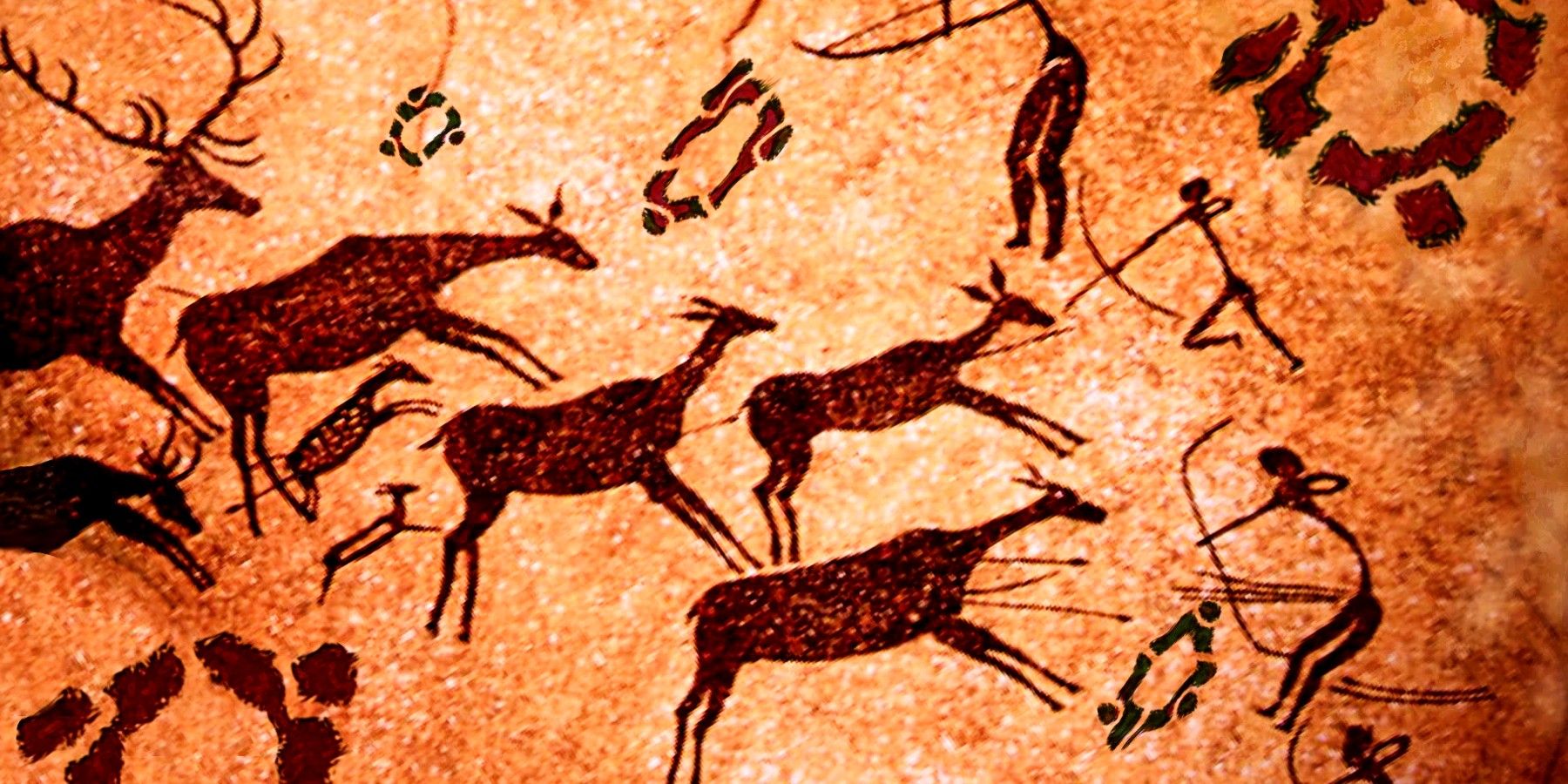
A new scientific study found that using tools not only improves language skills but that these played a role in how humans first developed language. The origin of life and of human civilization, as studied by science, are still shrouded in many mysteries. The evolution of language itself is one of these mysteries.
It is said that humans rose in the 11th hour of our planetary history. Earth is about 4.54 billion years old but our human ancestors are believed to have emerged just 6 million years ago, and modern humans are only 200,000 years old. In this short time of existence, humans have been able to take massive evolutionary jumps to reach the advanced state of our society today. Technology — initially primitive tools, language, agriculture, and even modern advances like AI — have always been closely linked to our evolutionary advances.

Finding a direct correlation in brain activity in both activities led them to big questions. “Given that these two skill types use the same brain resources, is it possible to train one in order to improve the other?” the team asked. They looked into the case and found that indeed it could be true. Using pliers to insert small pegs into holes that matched different shapes, they trained participants and asked them to perform comprehension tests before and after the use of tools. They found that the brain could be trained by using tools to improve language or exercising language to improve the use of tools.
“When our ancestors began to develop and use tools, this proficiency profoundly changed the brain and imposed cognitive demands that may have led to the emergence of certain functions such as syntax,” Brozzoli said. The mystery of how humanity developed, created, and evolved language continues to puzzle scientists. For years, science has suggested that language and tools have been evolving together. How humanity’s new technology and tools may contribute to our language and evolution is still unknown. One thing is certain, the relationship between our brain, the technology and tools we use, and evolution, cannot be denied.
Source: Science Daily
from ScreenRant - Feed https://ift.tt/3oJrPho

0 Comments